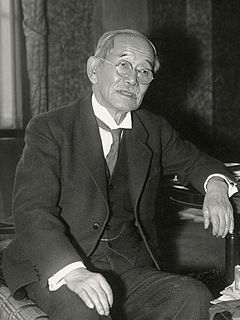A Quote by Frederick Busch
If a writer is honest, if what is at stake for him can seem to matter to his readers, then his work may be read. But a writer will work anyway, as I do, and as I have, in part to explore this terra incognita, this dangerous ground I seem to need to risk.
Related Quotes
The ear is the only true writer and the only true reader. I know people who read without hearing the sentence sounds and they were the fastest readers. Eye readers we call them. They get the meaning by glances. But they are bad readers because they miss the best part of what a good writer puts into his work.
[A writer] must try to think clearly, to feel deeply, to write honestly. If he is fortunate he will make a living, but his work will never be anymore essentially clear and deep and honest than he himself is, and he will be judged finally not for how many copies his books have sold, but for what they have done to enrich the lives of their readers, now and in time to come.
Often, you have to fail as a writer before you write that bestselling novel or ground-breaking memoir. If you're failing as a writer - which it definitely feels like when you're struggling to write regularly or can't seem to earn a living as a freelance writer - maybe you need to take a long-term perspective.
Missionary work will never be what it might be without the help of the members. Stake presidents need to feel some responsibility and ownership of missionary work. The stake president is the one who has the presiding priesthood keys over both the members and non-members in his stake. The missionaries are his helpers.
The poet needs a ground in popular tradition on which he may work, and which, again, may restrain his art within the due temperance. It holds him to the people, supplies a foundation for his edifice; and, in furnishing so much work done to his hand, leaves him at leisure, and in full strength for the audacities of his imagination.
In Randori we teach the pupil to act on the fundamental principles of Judo, no matter how physically inferior his opponent may seem to him, and even if by sheer strength he can easily overcome him; because if he acts contrary to principle his opponent will never be convinced of defeat, no matter what brute strength he may have used.
As a younger person, I was obsessed with Ray Bradbury, and I think his stories did more to shape me as a storyteller than anybody else - even though, when I read them now, a lot of them seem overly sentimental. But that's probably the writer that I've thought about the most, even though I don't necessarily like a lot of his work.




































